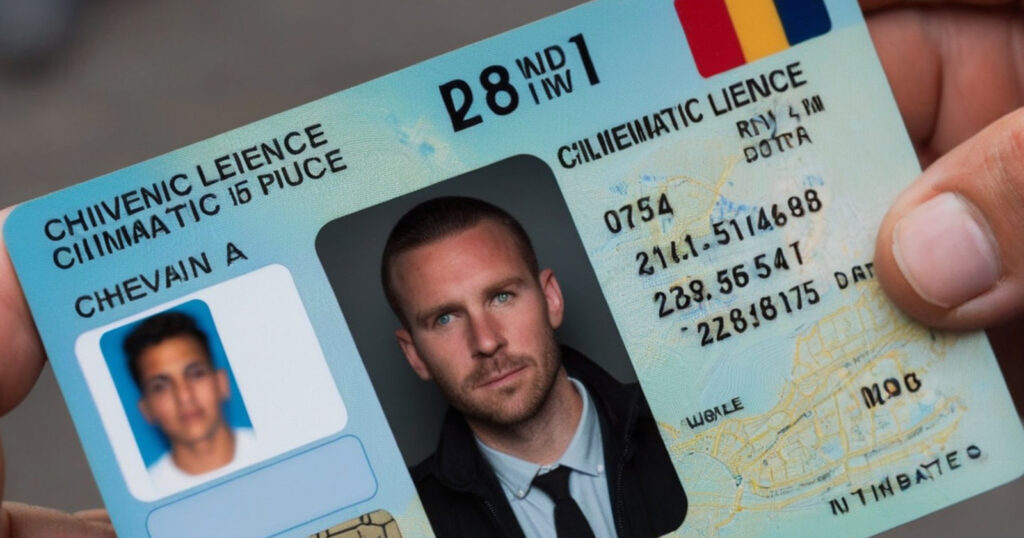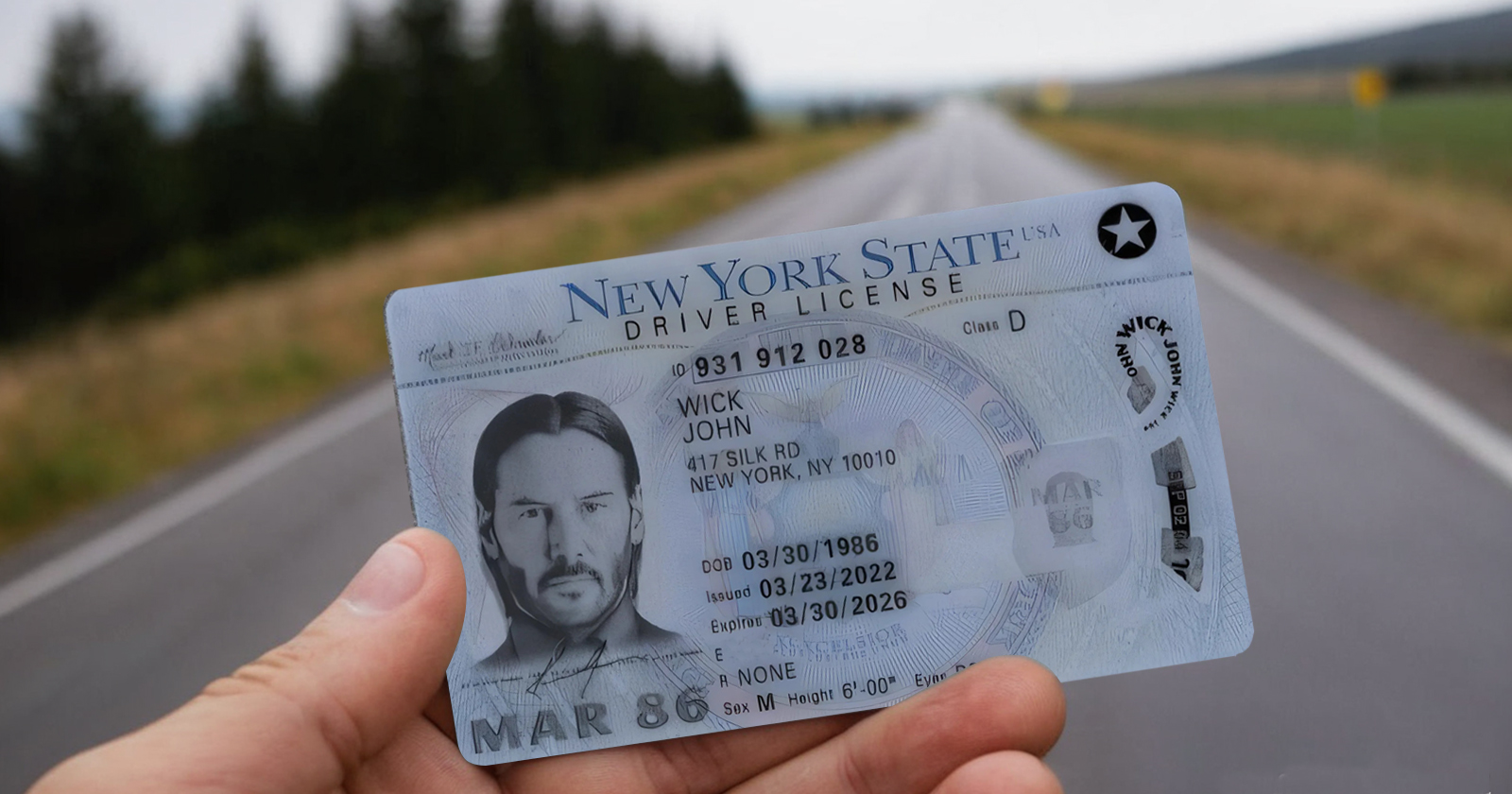Recent advancements in artificial intelligence technology have introduced a new threat to countermeasures against identity fraud. Underground services like OnlyFake utilize AI algorithms to produce high-quality fake identities. This article delves into how AI-generated fake IDs are crafted, the associated risks, and potential consequences…
Artificial intelligence posing a risk with fake ID generation
The underground service OnlyFake harnesses the dark side of AI to churn out high-quality fake IDs, with reports indicating anyone can obtain remarkably realistic fake IDs instantly for as little as $15. This inevitably facilitates various illegal activities.While the original OnlyFake Telegram account, the main customer-facing platform, was shut down, its new account claims the end of the Photoshop era.

Moreover, it persuades customers by asserting the ability to mass-produce documents using advanced “generators. “The site owner, using the pseudonym John Wick, claims the service can mass-produce hundreds of documents from an Excel dataset.
The images are so realistic that a cybersecurity researcher notes customers use OnlyFake IDs to open bank accounts and free crypto accounts from illegal bans.
How does it generate fake IDs?
The OnlyFake service typically employs basic artificial intelligence technology, albeit with great finesse. Using Generative Adversarial Networks (GANs), developers can design a neural network optimized to deceive someone created to detect fakes.

With each interaction, both networks evolve, improving at fooling detection. Another approach involves training a diffusion-based model with a large, well-curated dataset of real identities.
These models master synthesizing highly realistic images by training on vast datasets, learning to replicate intricate details, rendering fakes nearly indistinguishable from original documents, thereby circumventing traditional fraud detection methods.

Can privacy be affected?
Certainly, there’s a sizable clientele resorting to this AI service. However, engaging with such a service raises both ethical and legal questions. The allure of anonymity and easy access underscores the shaky ground upon which these transactions stand.
Moreover, the risks extend beyond that. For instance, John Wick may be maintaining a list of customers, posing a potential disaster for OnlyFake and its users. Additionally, the new OnlyFake Telegram group boasts over 600 members, most of whom are traceable with linked phone numbers.
What are your thoughts on this? You can write in the comments section below.














